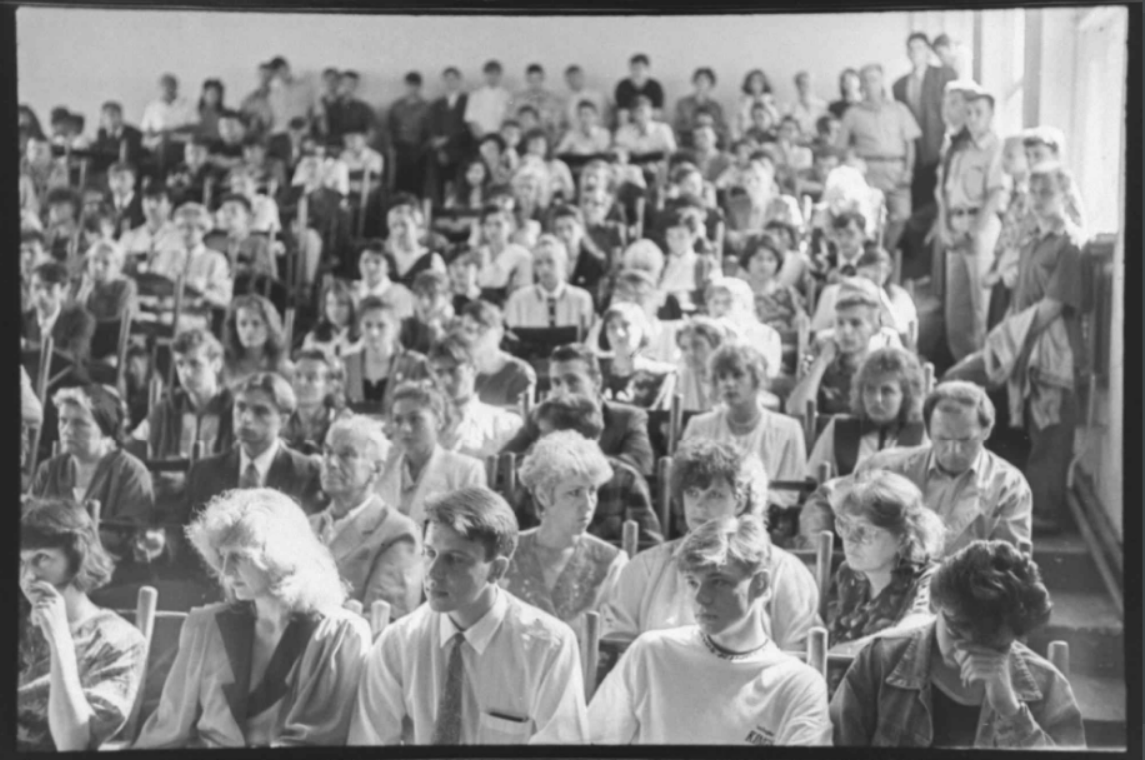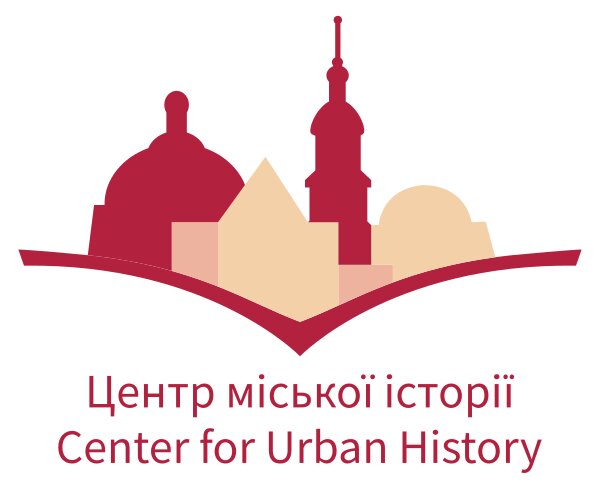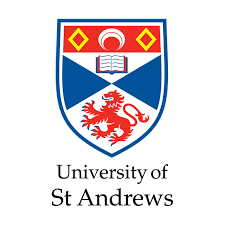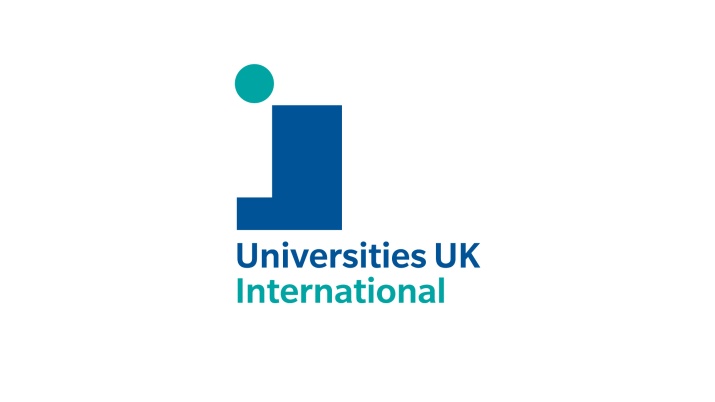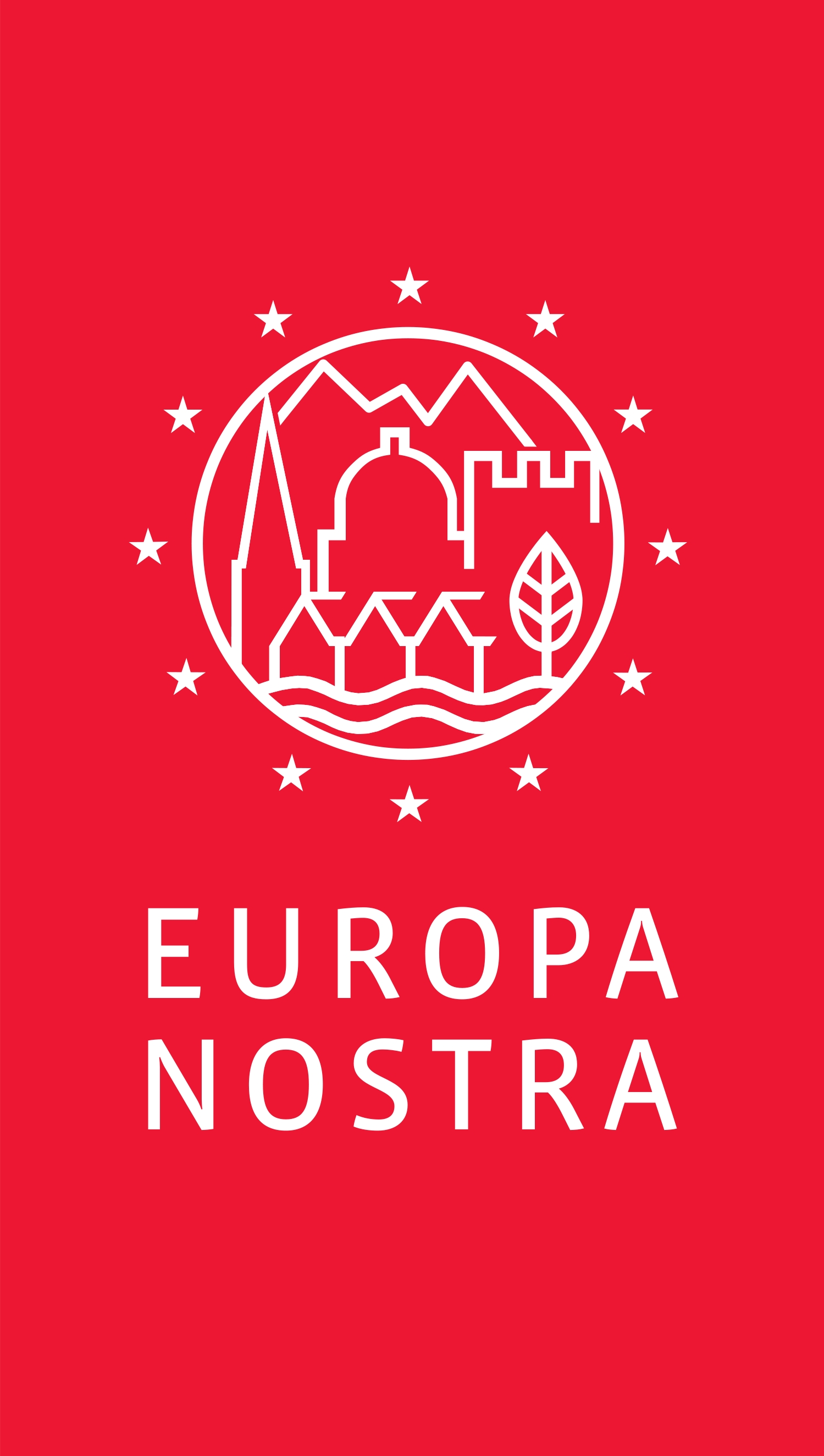Public History in the Context of War: Rethinking Approaches and Formats
16-19.8.2023
Conference Room of the Center for Urban History
Public history as a field is intricately connected with wars in the past: as a topic to engage with and find formats and words to enhance critical reflection; to ensure communication across divisive experiences; to work with and through trauma and expand our understanding of what postwar justice means and to achieve lasting justice in societies riven by conflicts; to reconcile or at least bring into dialogue conflicting memories and to reckon with perpetrated crimes; to reflect on how private and official intersect or are in tension in different commemorative projects; to think critically about the ways certain stories and experiences are made public and others not. Public history and war are often theorized and reflected on from a position of distance: years usually separate the end of the war and how public history engages with the history of war and war experiences. Thus, most of the reflections and rethinking of the past in the European context was related to the two world wars and took place towards the end of the century into the new, 21st century.
In Ukraine, we have witnessed a growth in the usage of the term “public history” over the last decade. The initiatives framed as “public history” have often been a way to divert attention from or rebrand the “politics of history” associated with narratives that have been circulated and promoted from above. Different projects have emerged in this period, ranging from those realized by museums and non-governmental organizations to programs launched by universities or through informal education. These projects have taken diverse formats, from memorial spaces and interventions, exhibitions and digital platforms, to projects realized in collaboration with artists, to name just a few. As a result, we see today many projects and educational programs with “public history” in their titles.
Following the full scale invasion of Ukraine by the Russian Federation, we observe a rapidly growing interest in the past: looking for explanations and justifications, causation and correlations in the context of the war. What can public history offer? How shall we revisit the very premises of such a discipline, especially for those who live and work in the midst of it. This workshop aims to discuss approaches and formats that we associate with public history in the context of ongoing war. For example, audience participation and engagement are critical for public history projects. Yet, do approaches change when priorities shift to survival, capacities reach their limits, and exhaustion is widespread? What are the ethics of engaging people who are displaced? We would like to discuss how meanings and practices of ‘participation’ and ‘audience engagement’ change, and how this can impact what we mean by ‘public history.’ When we design public history programs, attention to different contexts matters. Right now in Ukraine, context can radically differ depending on the location. It is one thing to have public events in Lviv (such as this workshop) and quite another to carry out public history programs in Kharkiv, not to speak of Kherson. What words and formats exist to speak about Mariupol or Mar'inka, places that have been destroyed and occupied? What distinguishes public history from popular history is the idea that the former enhances critical thinking about history, pushes us to engage with multiple perspectives and to question our sources. In other words, it is a demanding and resourceful practice. Is it possible now? And how?
The workshop brings together lecturers, practitioners, and researchers from Ukraine and the UK to discuss and reflect on their most recent experiences of working with or thinking through what public history means in the context of the ongoing war. In particular, we will focus on topics such as participation and audience engagement, the power and limits of expertise, critical approaches to history and the responsibility of historians, challenges, and possibilities of educational programs, choices of formats and their costs, in respect to the war condition, and sustainability in terms of human resources and the environment.
Working languages: Ukrainian and English with simultaneous interpretation.
ORGANIZERS: Center for Urban History in cooperation with the University of St. Andrews and the National University of Ostroh Academy
TEAM
- Sofia Dyak, Victoria Panas, Iryna Sklokina, organizing committee;
- Victoria Donovan, Emily Finer, consulting;
- Maryana Mazurak, Yelyzaveta Bobrova, communication support;
- Sofia Andrusyshyn, logistical support;
- Oleksandr Dmytriiev, Tetyana Dutko, technical support and assistance;
- Yaryna Paniv, Tetyana Figel, financial support;
- Bohdana Davydiuk, design;
- Pavlo Hrytsak, Halyna Pekhnyk, simultaneous interpretation.
This project has been made possible by a Research England grant administered by Universities UK International
Credits
Cover Image: At the Institute, 1995 / Pokrovsk Historical Museum / Urban Media Archive of Center for Urban History
